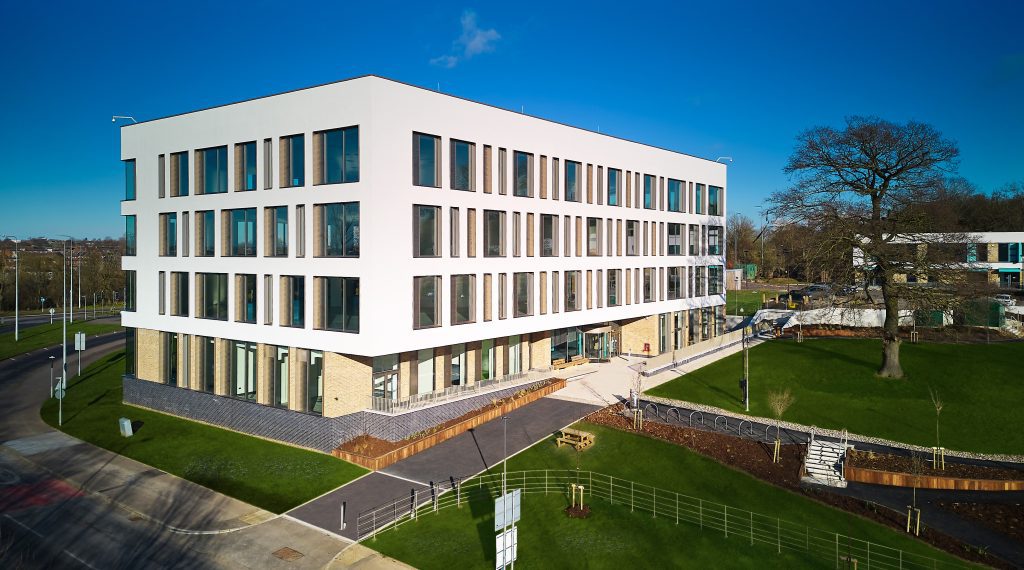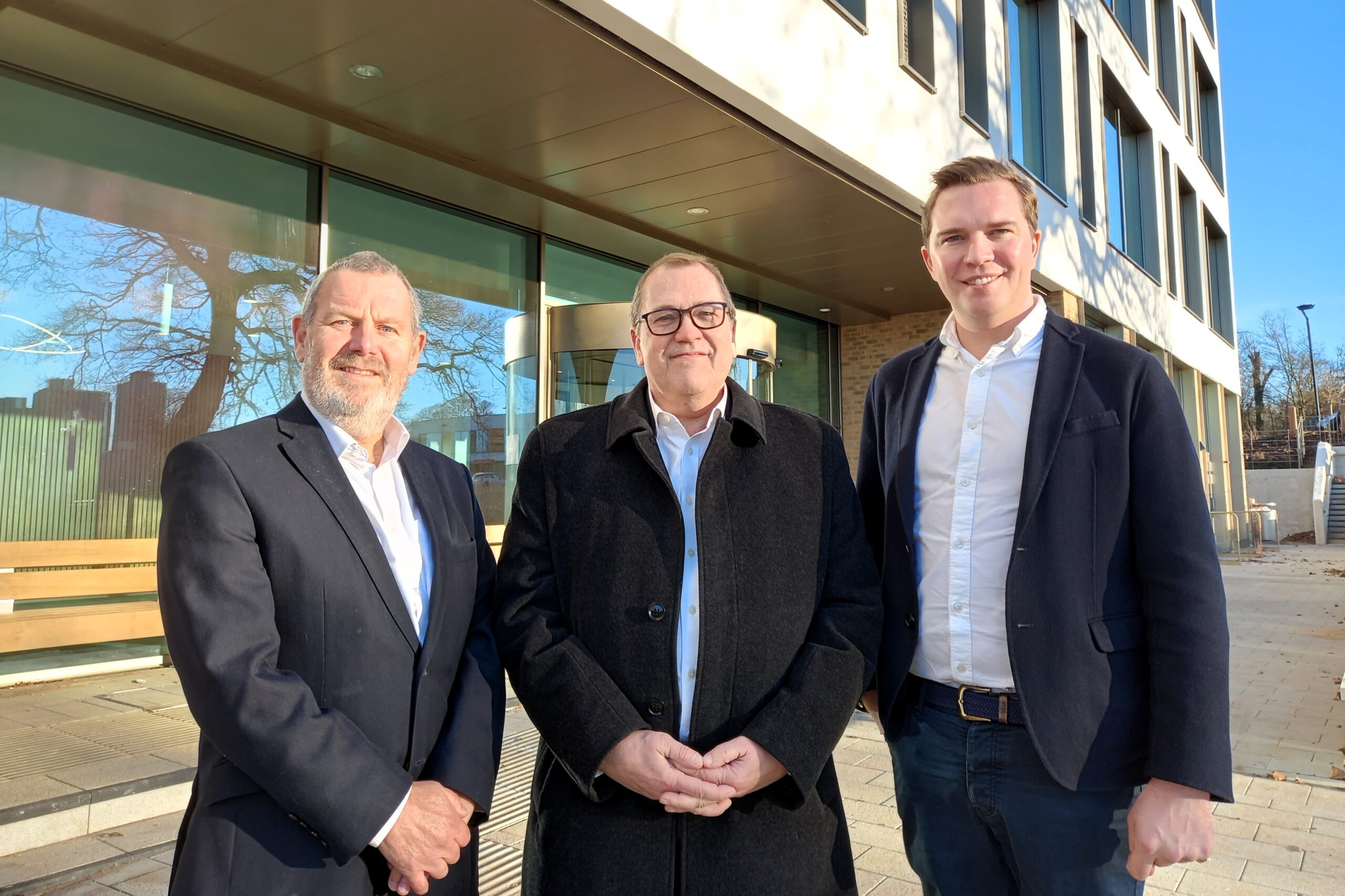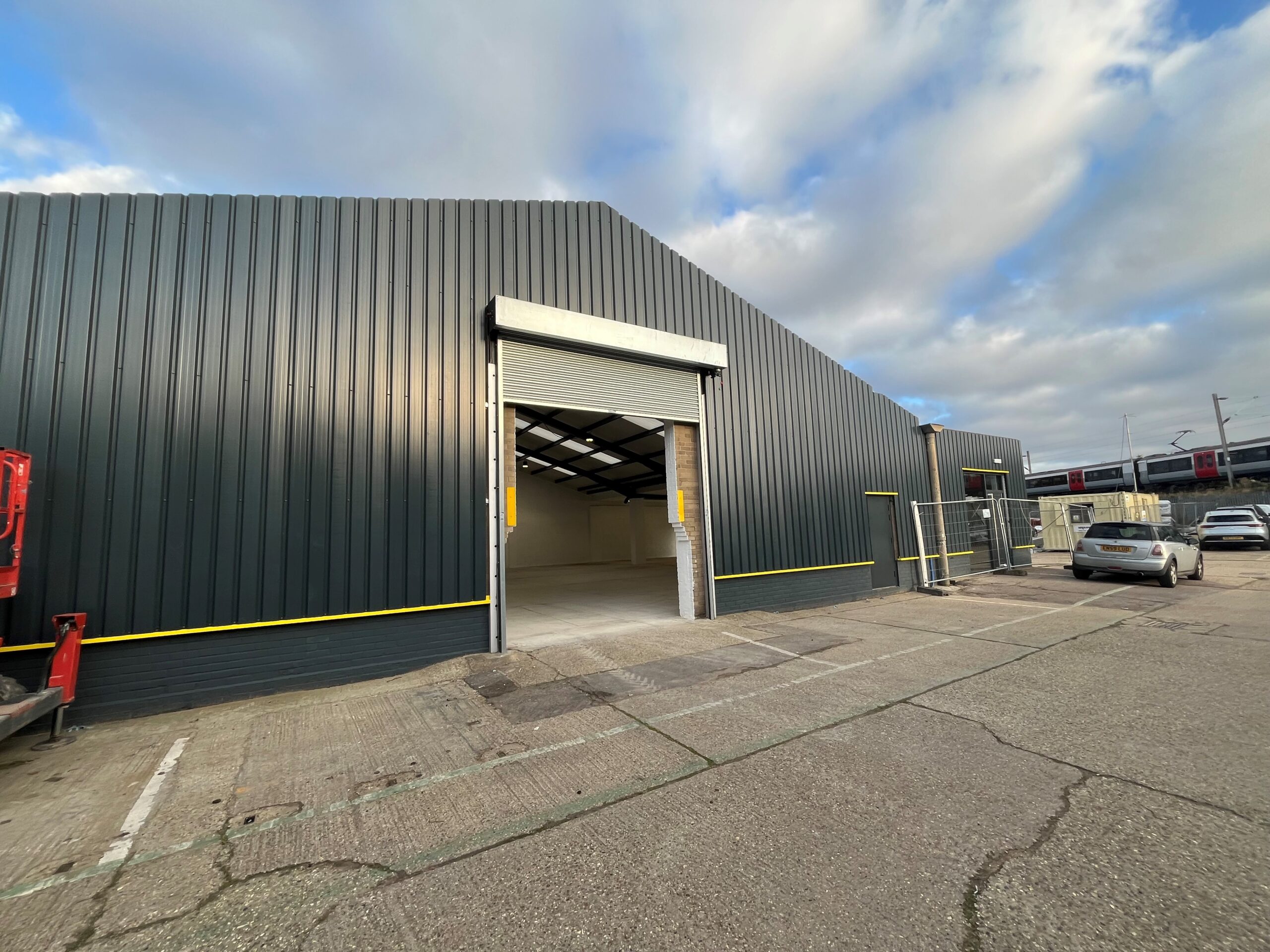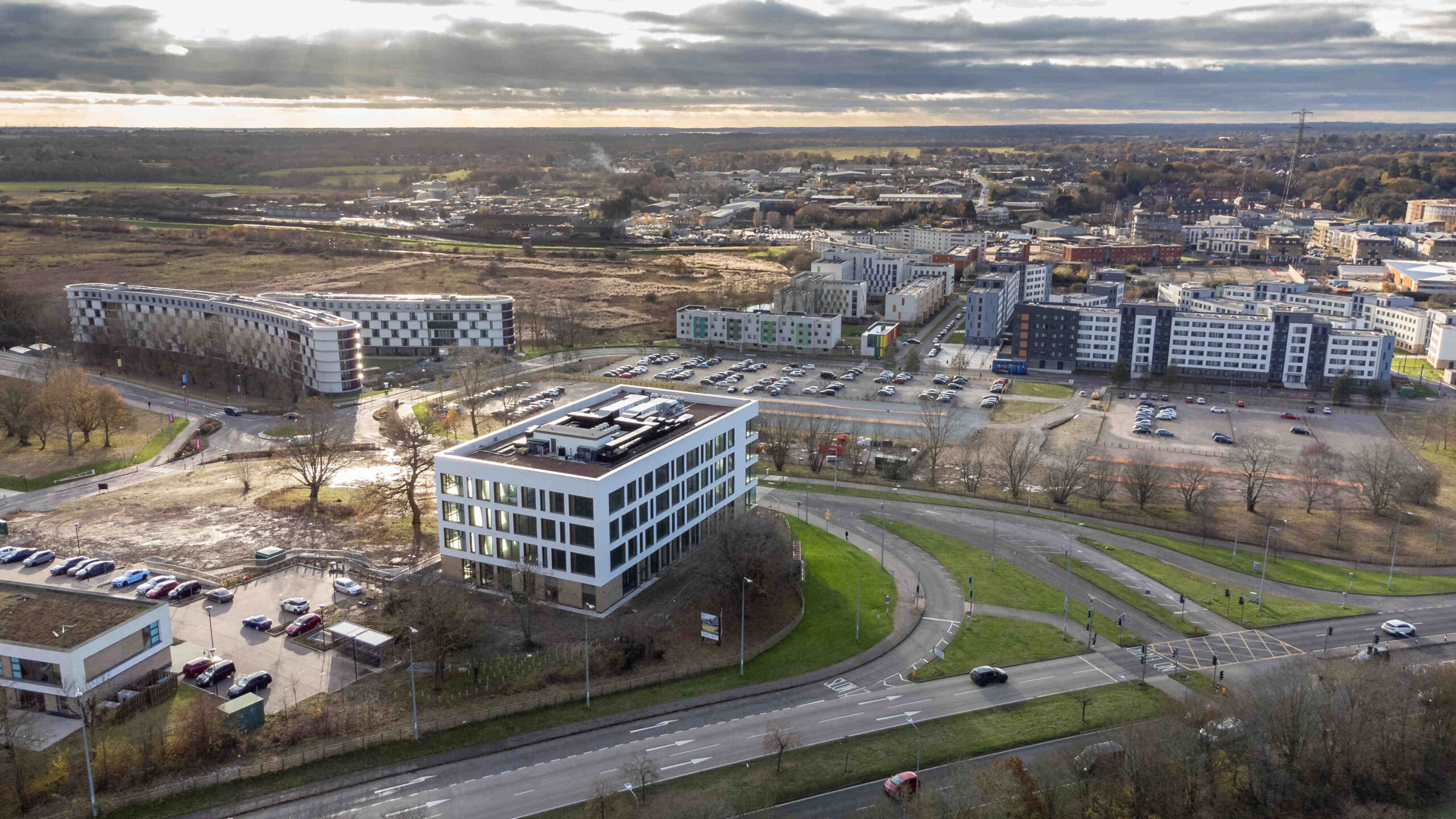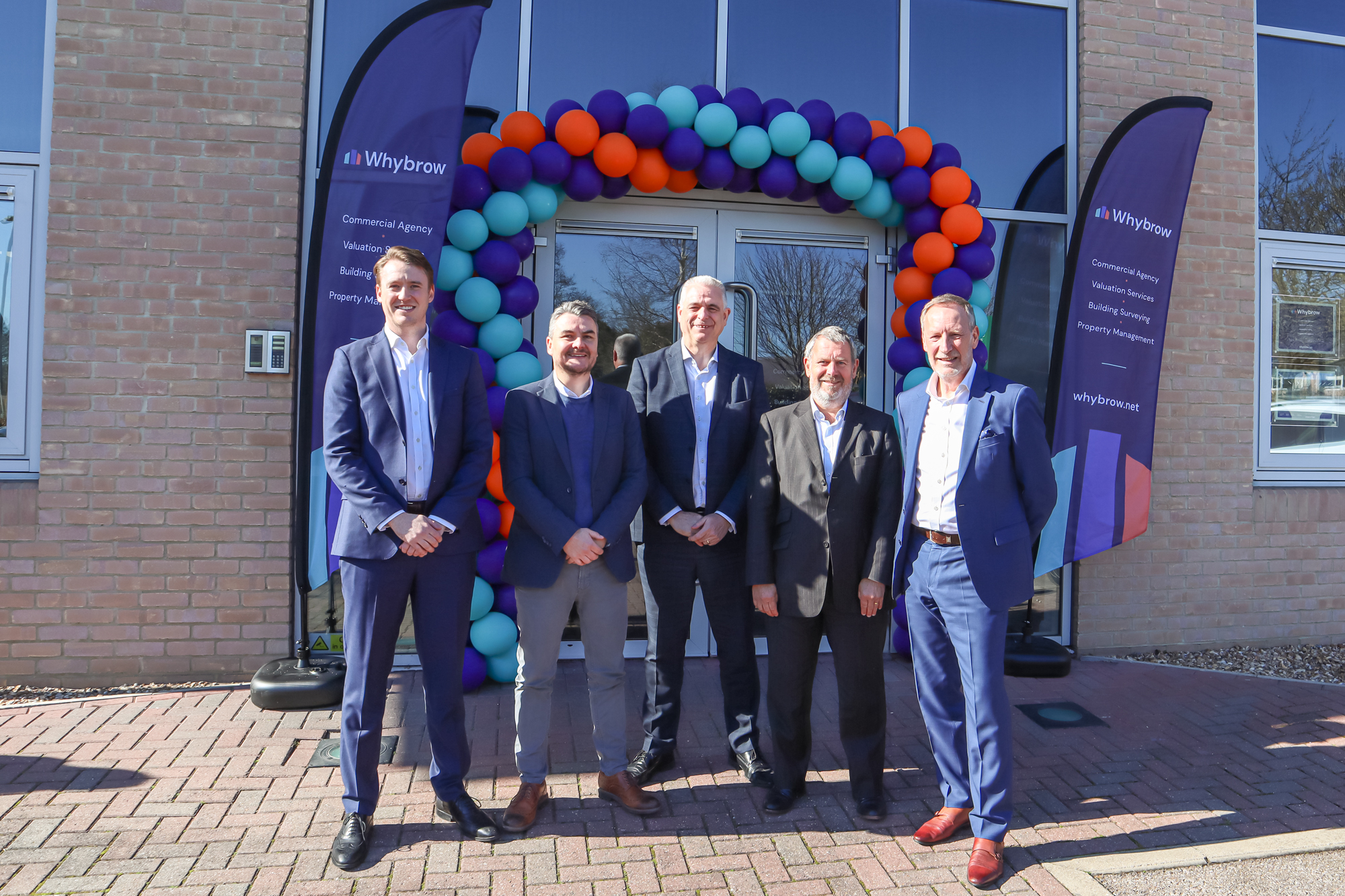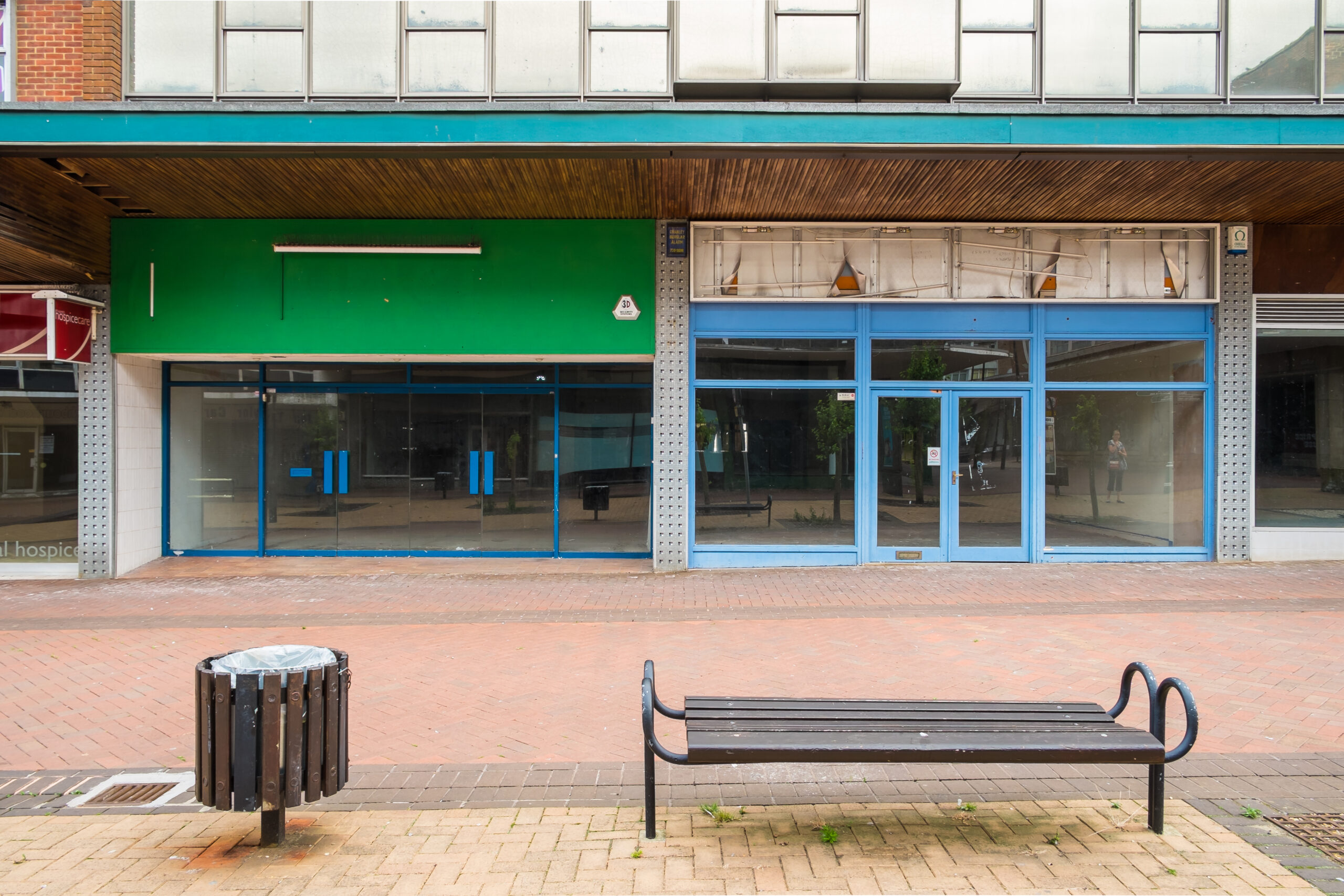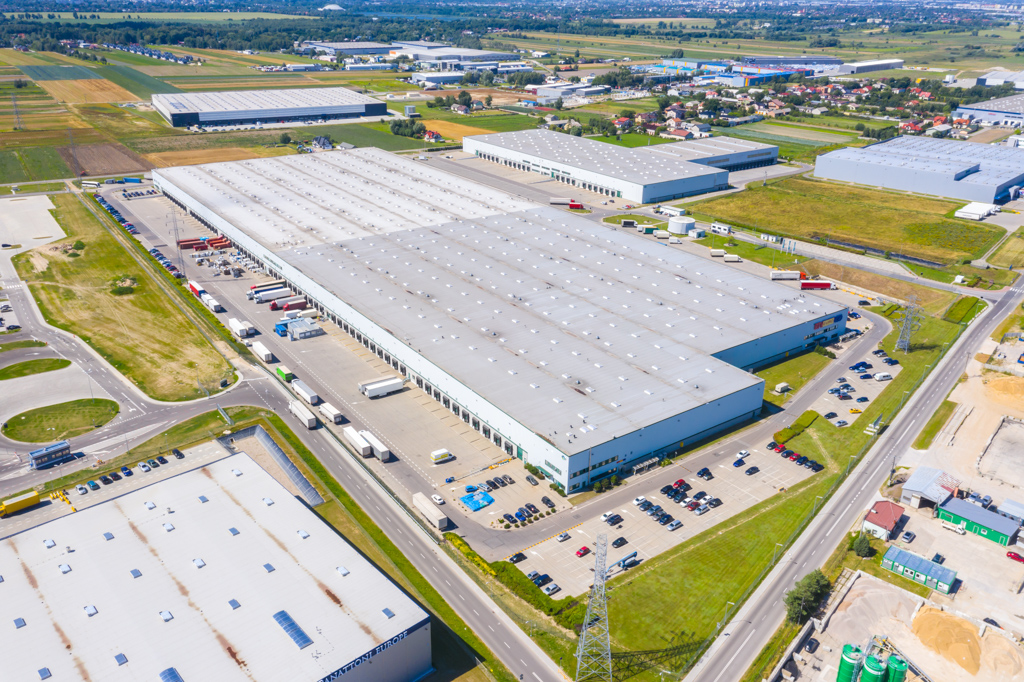Whybrow CEO Ewan Dodds BsC FRICS shares his key thought on the commercial market in 2023 and for 2024
2023 has been a unique year for commercial premises in so many ways. In my blog below, I have explored key trends and factors that have led to an intriguing blend of resilience and adaptation for the commercial property market.
Key issues that businesses continue to face centre largely on macro factors such as the Ukraine/Russia war; the slowdown in the growth of China and increased energy costs; interest rates which have risen significantly thereby increasing the cost of borrowing and inflation which while having fallen considerably from its peak at around 11% still stands at a two-decade high. At the micro level, the impact all these factors are having on the UK economy, the ongoing spectre of recession and lastly, consumer confidence.
Pandemic and industrial
March 2020 already seems a long way behind us and, while we hope we do not return to those dark days of social distancing, we appear to be learning what the new “normal” means. While we may no longer be working in the same way as we did before, at least we may be socialising more widely than at pre pandemic levels, economic circumstances notwithstanding.
So, what has been happening:
Industrial and logistics have enjoyed a buoyant period during the Pandemic as company’s sought to secure their supply lines. This in turn has led to significant rental and capital growth in most major centres, but there are now signs that confidence and demand is waning slightly.
Knight Frank recently reported that prime investment yields which had peaked at sub 3% are now around 5.25%/5.5%, rental values are also no longer advancing as strongly as they had in previous years. However, there are exceptions. In and around the Heathrow area, having acquired for a client their first industrial unit at around of about £8 per sq. ft, some years later we then acquired a slightly larger unit on the same estate at around £12 per sq. ft, we have recently been quoted levels of just over £22 per sq. ft this year and closer to £26 per sq. ft much nearer to the Airport. On another search in Suffolk for a circa 50,000 sq. ft new build units, asking rents increased from £8 per sq. ft in January 2020 to just under £11 per sq. ft some 2 years later.
The big issue currently facing the “shed” sector are the costs of construction, such costs coupled with more limited demand discouraging developers from pressing the button to start their developments unconditionally. Whilst a vast raft of consented schemes are sitting there undeveloped there are a few notable exceptions. Examples include Trebor Developments, who are now breaking ground at their 175,000sq.ft Eastern Gateway development in Ipswich, Suffolk, and MCR, who are about to break ground on their smaller speculative development in north Colchester.
Acting on behalf of retained PLC clients we have just secured the acquisition of an existing 45,000 sq. ft building in Suffolk and new build terms on another major scheme in the County for a unit of a similar size which is expected to complete at the end of 2024. At EOS in Braintree, the agents recently announced the pre letting of all units some 6 months following PC too. There are therefore deals being done and at good rent and capital values.
We hope to see interest rates stabilising, so the cost of finance reduces but we are confident that the future for the sector in and around Essex remains strong.
Retail
The sector which has been very strongly affected by the growth in online shopping as well as Covid with its restriction on pedestrian foot flow is now showing more encouraging signs of recovery, albeit at reduced levels of demand and rent. In some instances, especially on the larger secondary stock, we have been made aware of deals being struck on a rates and service charge basis only.
We are generally encouraged at the increased foot flow we are seeing around our urban towns and city centres however, to truly thrive and prosper these areas do need to become up where people both live and work. In looking above the glossy shop fronts, too many upper parts in these centres remain unoccupied and after 6pm, the inner core areas are often vacant and dull.
Urban planning needs to develop further to help entice life back into these centres which, while not “decaying” can and should offer much more. Permitted development (PD) has encouraged a great swathe of new housing, much of which has been in these urban centres but we can and should do more in a way that will encourage these central and vital areas to be much more vibrant 24/7.
Planning has already evolved in such a way that ground floors can be more readily used for various commercial purposes without the need for planning permission but we do have to make sure that these do not become the preserve solely of takeaway outlets, which rapidly expanded during the Covid years as planning rules had relaxed.
As the economy improves and more focus is given to how our towns and city centres evolve, in conjunction with the invaluable work of local groups such as business improvement districts (BID’s) which can empower change, we are confident that our centres can rebound from the depressing effects of the Pandemic and offer greater value to businesses residents and as social meeting places.
Offices
Covid and the Pandemic simply fast tracked a trend towards increased working from home and hybrid working practices that had been started some years before. This trend in likely to continue, and may already be “locked in” although many businesses are advocating very strongly towards requiring their staff to work more regularly within their offices.
We envisage a situation whereby some of the older generation who took the opportunity to leave work, will not return and, as businesses renegotiate contracts with staff, the younger groups who take their place will greatly value collaborative face to face business where they can learn more readily from the experience of their peers.
Working from home will still have a place, and for some sectors this will continue to work very well however for a significant proportion the advantages of direct collaborative working on productivity, staff growth and welfare will see the read advantages of working together.
While the private sector is leading the way in this return to the office, frustratingly the public sector lags well behind and becoming an outlier, and it is becoming widely publicised that the level of services they provide in some areas is suffering as a result.
Environmental/Social/Governance (ESG) principles will increasingly influence the market and these practises are becoming more critical for both investors and tenants. Properties with high sustainability and ESG ratings are becoming more favoured by an increased number of businesses and many older style buildings failing to meet these requirements will become obsolete without significant refurbishments.
Increasingly, businesses are also becoming data led and the advantages technology brings in terms of artificial intelligence (AI) etc will increasingly lead the way. While robots may not yet rule the world as Tomorrow’s World first reported all those years ago, increasingly technology is driving what we do and how we do it. Whether this is yet leading to increased leisure time as I was promised by my lecturers at Portsmouth Polytechnique (Urban Land Administration) all those years ago, only time will tell. From my experience to date, I feel we are still working longer rather than less hours, yet we are told UK productivity remains woeful.
These brief thoughts reflect trends I am seeing within the various sectors however they do not provide all the answers.
While technology is an increasingly fundamental part of doing business, the property sector is all about people and how we interact and respond. We have lost a lot of good, qualifies and experienced people from the market place due to the Pandemic, and where and how this experience will be replaced is difficult to tell.
In today’s market people need to be dynamic, energetic, on top of detail and good at listening. Our values at Whybrow, (Generous/Inspired/Driven) sit alongside our positioning in the market. We aim to provide a personal and progressive service which deeply understands our clients need and requirements in an authentic way. These are ideas and values we drill into all of our colleagues to ensure a real consistency in approach so we can carry on delivering the highest levels of service so our clients and the business and local community at all times.
Ewan Dodds BSc FRICS


